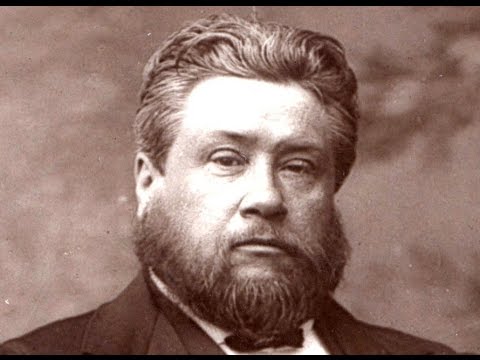|
A. Christ's exaltation consists in his rising again from the dead on the third day (1 Cor. 15:4), in ascending up into heaven, and sitting at the right hand of God the Father (Mk. 16:19), and in coming to judge the world at the last day (Acts 17:31).
0 Comments
A. Christ's humiliation consisted in his being born, and that in a low condition (Lk. 2:7), made under the law (Gal. 4:4), undergoing the miseries of this life (Isa. 53:3), the wrath of God (Matt. 27:46), and the cursed death of the cross; (Phil. 2:8) in being buried, and continuing under the power of death for a time (Matt. 12:40).
A. Christ executes the office of a king in subduing us to himself, (Ps. 110:3) in ruling and defending us (Matt. 2:6; 1 Cor. 15:25), and in restraining and conquering all his and our enemies.
A. Christ executes the office of a priest, in his once offering up himself a sacrifice to satisfy divine justice (Heb. 9:28), and to reconcile us to God (Heb. 2:17), and in making continual intercession for us (Heb. 7:25).
A. Christ executes the office of a prophet, in revealing to us (Jn. 1:18), by his Word (Jn. 20:31), and Spirit (Jn. 14:26), the will of God for our salvation.
A. Christ as our Redeemer executes the offices of a prophet (Acts 3:22), of a priest (Heb. 5:6), and of a king (Ps. 2:6), both in his state of humiliation and exaltation.
A. Christ, the Son of God, became man by taking to Himself a true body (Heb 2:14), and a reasonable soul (Mat 26:38; Heb 4:15), being conceived by the power of the Holy Spirit in the Virgin Mary, and was born of her (Luk 1:31, 35), yet without sin (Heb 7:26).
A. The only Redeemer of God's elect is the Lord Jesus Christ (1 Tim. 2:5), who being the eternal Son of God, became man (Jn. 1:14), and so was and continues to be God and man, in two distinct natures and one person for ever (1 Tim. 3:16; Col. 2:9).
|
AuthorCharles Spurgeon (1834–1892) Archives
September 2018
Categories
All
|

 RSS Feed
RSS Feed